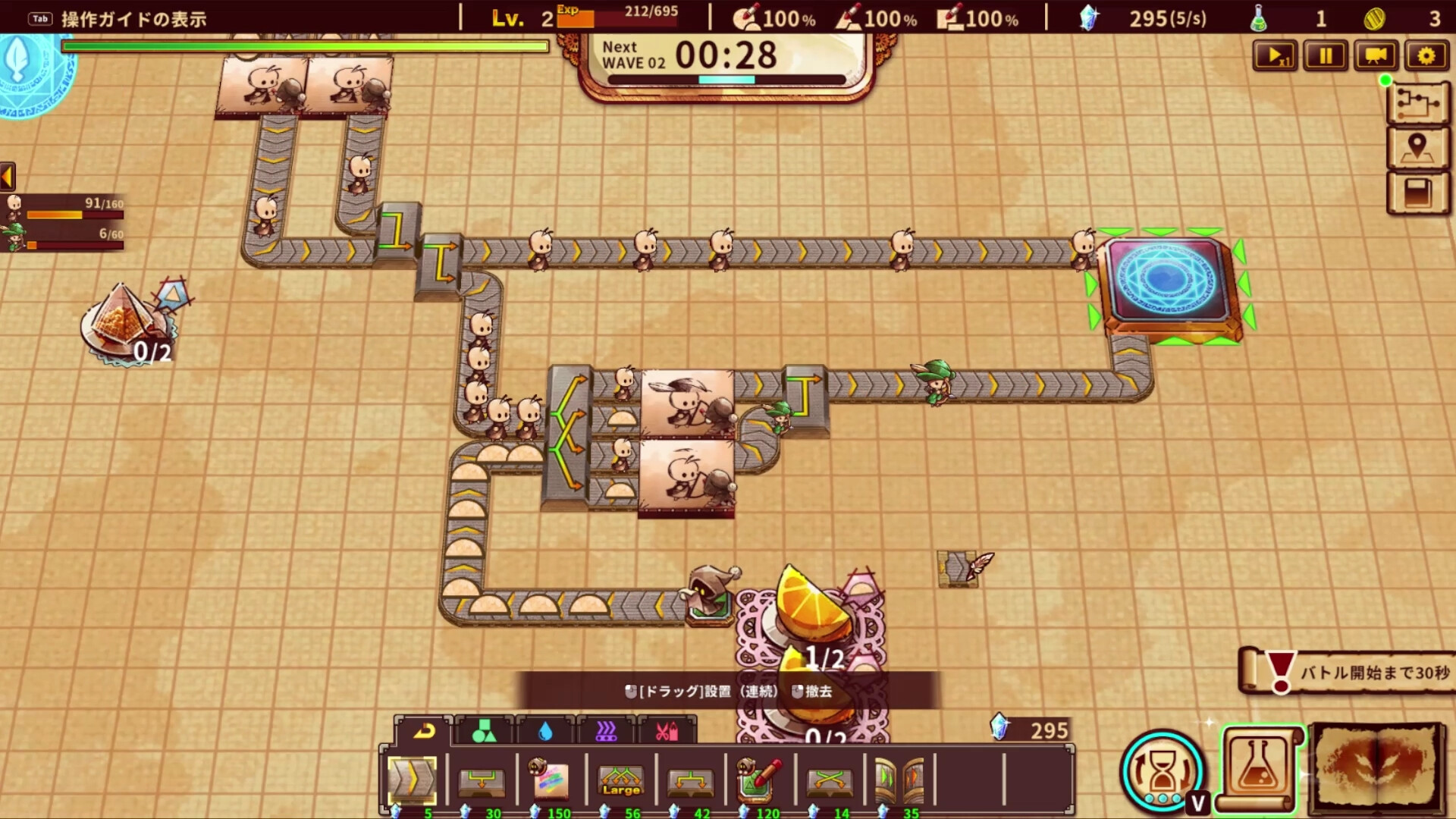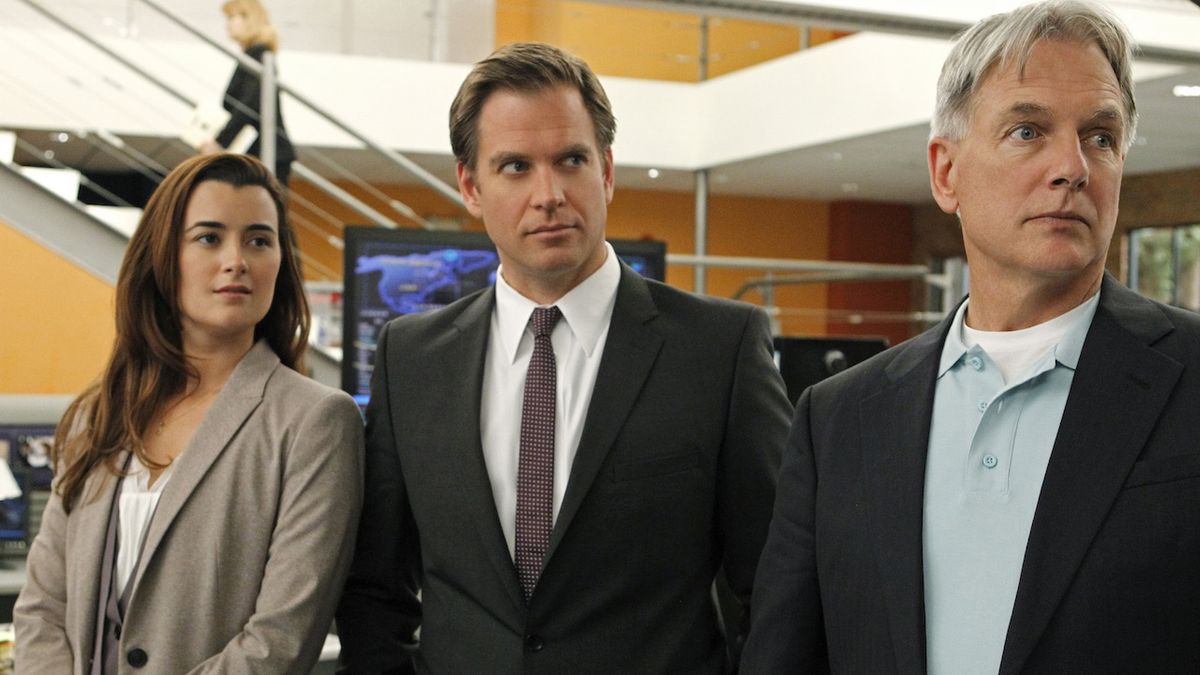Small nations often have long memories and complicated identities, especially ones that have survived for centuries at the crossroads of the world’s great empires. When you’re much smaller than your neighbours, how do you define your distinct culture and language and funny quirks and treasured values to the world — and to yourself? It’s a question that hangs in the air one evening at , a theatre-bar in , the compact capital of Estonia. The place sits in Kalamaja, a neighbourhood of colourful 19th-century wooden homes, built to house workers when waterfront factories here cranked out goods for the Romanov Empire.
The funky theatre-bar is slightly subterranean, a few steps down from the street, and a one-stop shop for slightly off-beat cultural happenings, from stand-up comedy to cabaret. Tonight is a bring-your-own vinyl evening. “This is what Estonian guys in the 1970s thought country and western sounded like,” says Renno Pille, a Gen Z local I meet, sporting a hipster T-shirt and huge earphones that never leave his head.
He flips on a record, and the music that comes out is somewhere between Dwight Yoakam and the polka beats my German grandmother used to love. Off the back of the room, there’s a sauna, and a naked man keeps walking past the open door. Nobody else seems to notice.
A bird’s-eye view of Tallinn, the compact capital of Estonia. During my previous visit to , more than a decade ago, people distanced themselves from the country’s decades-long peri.

















